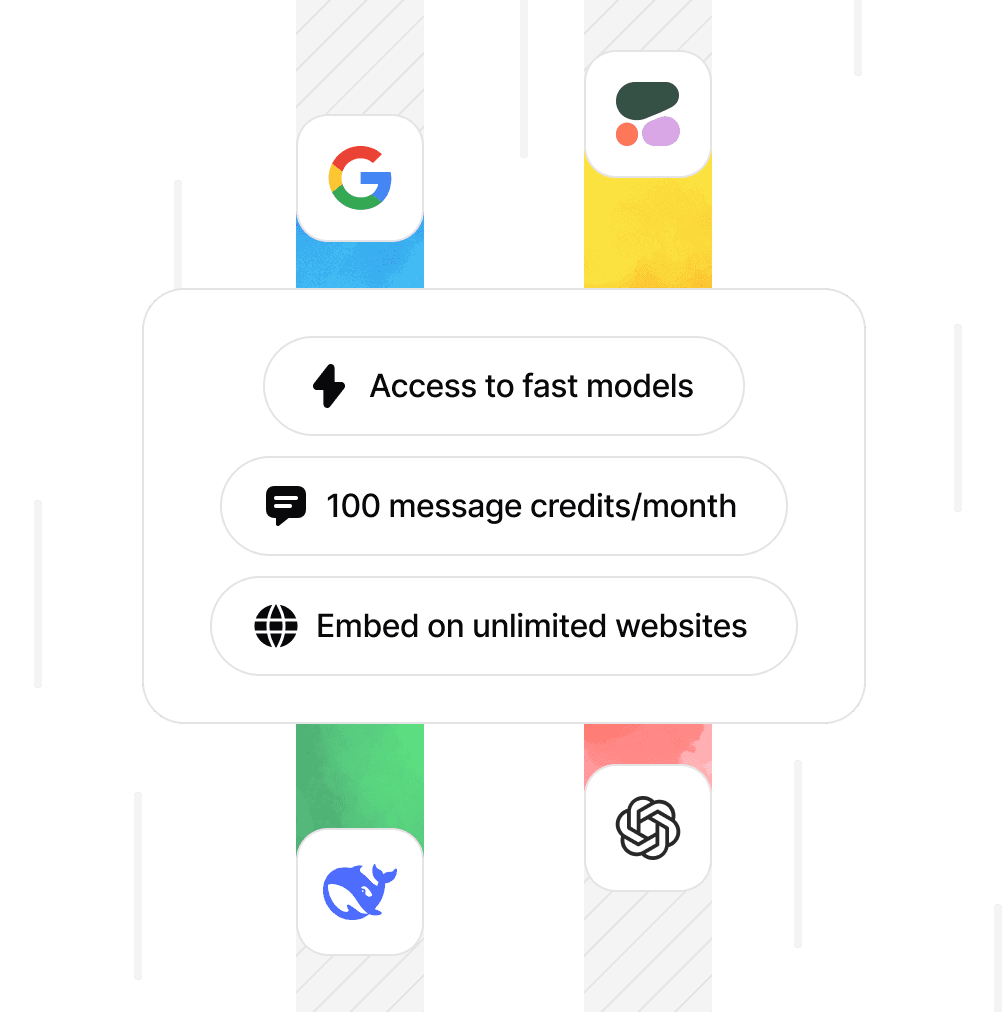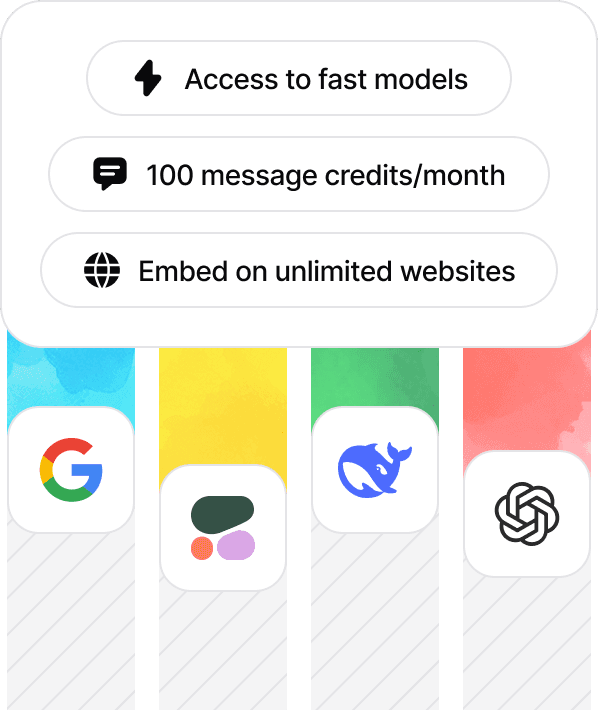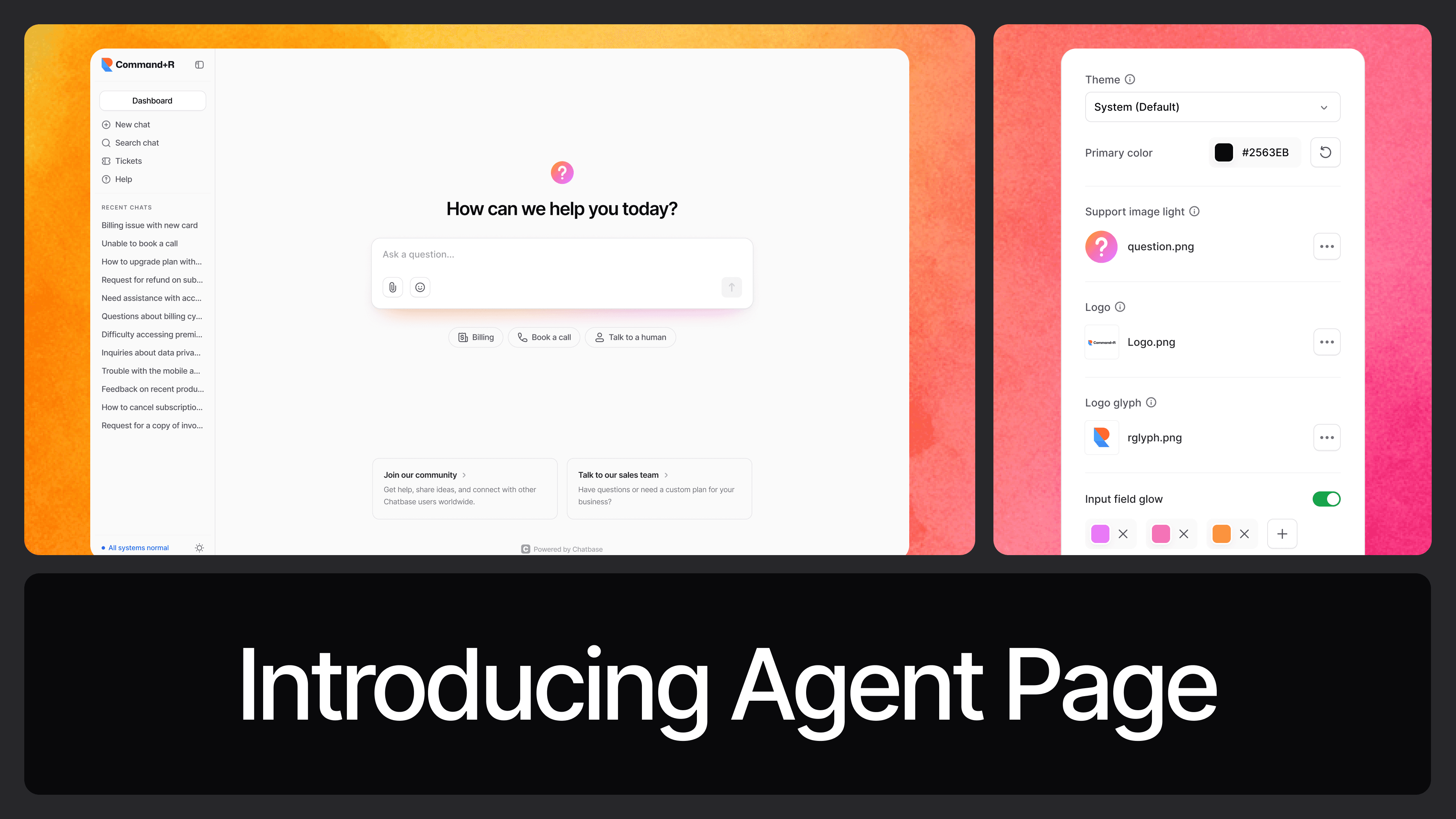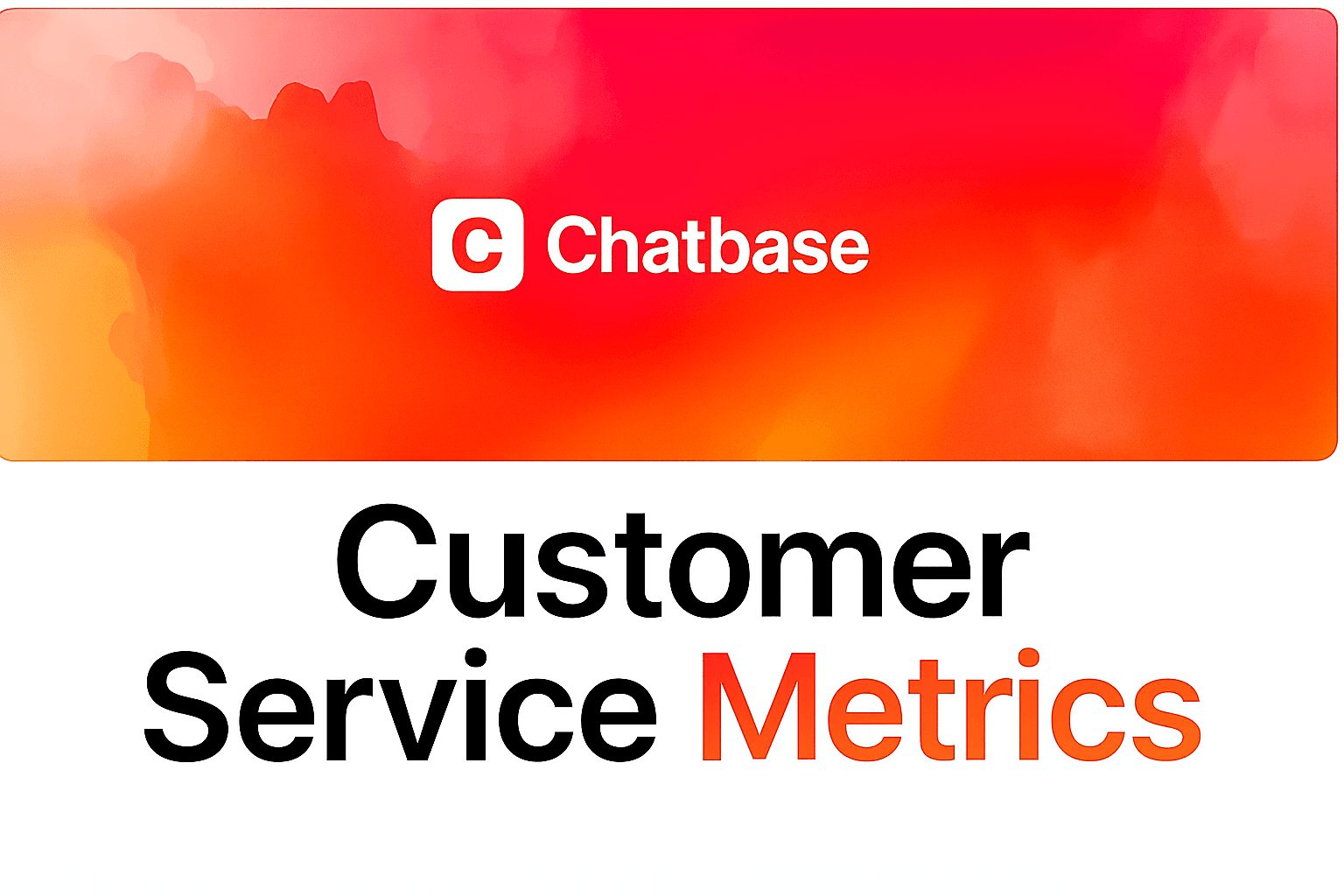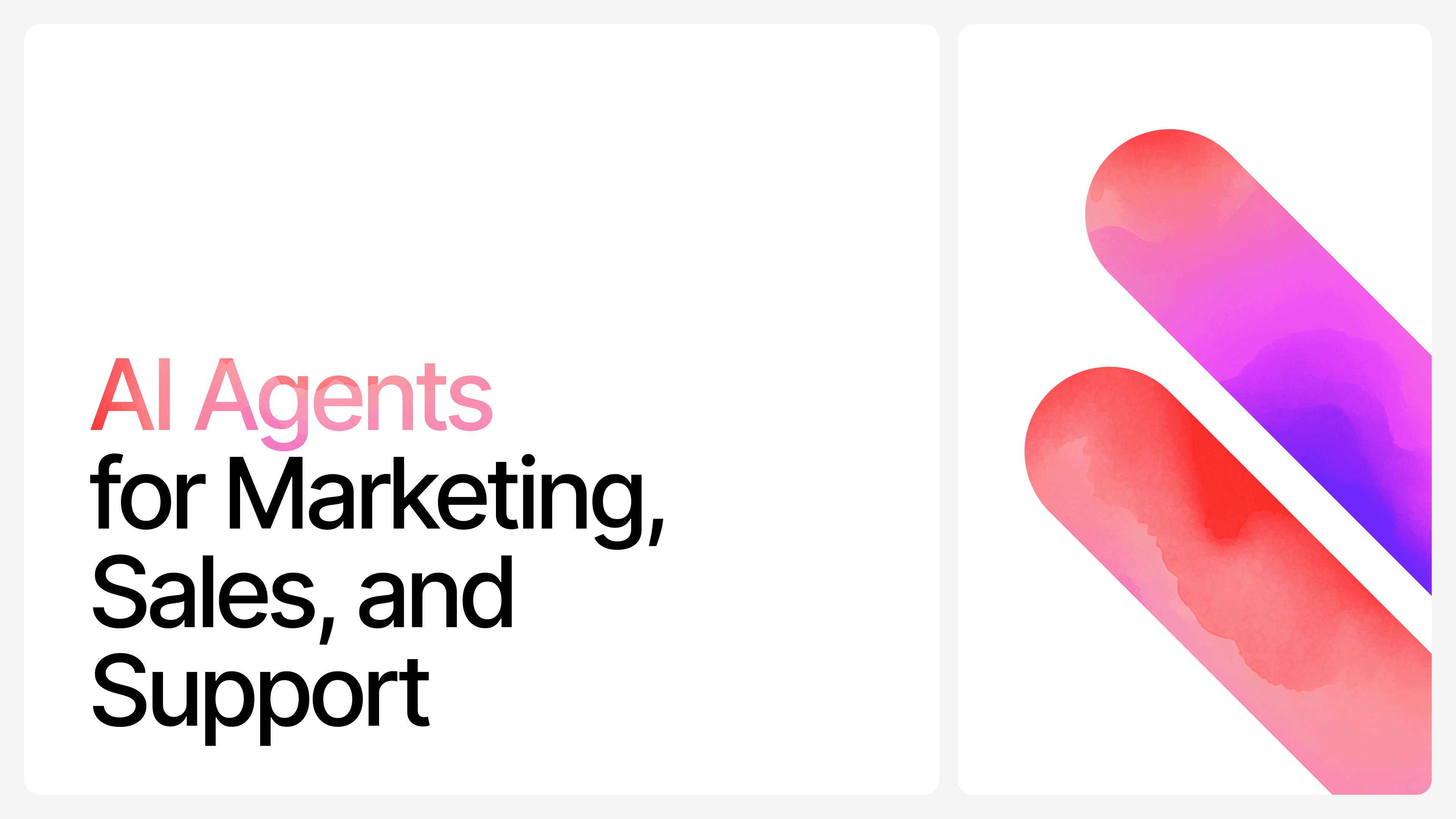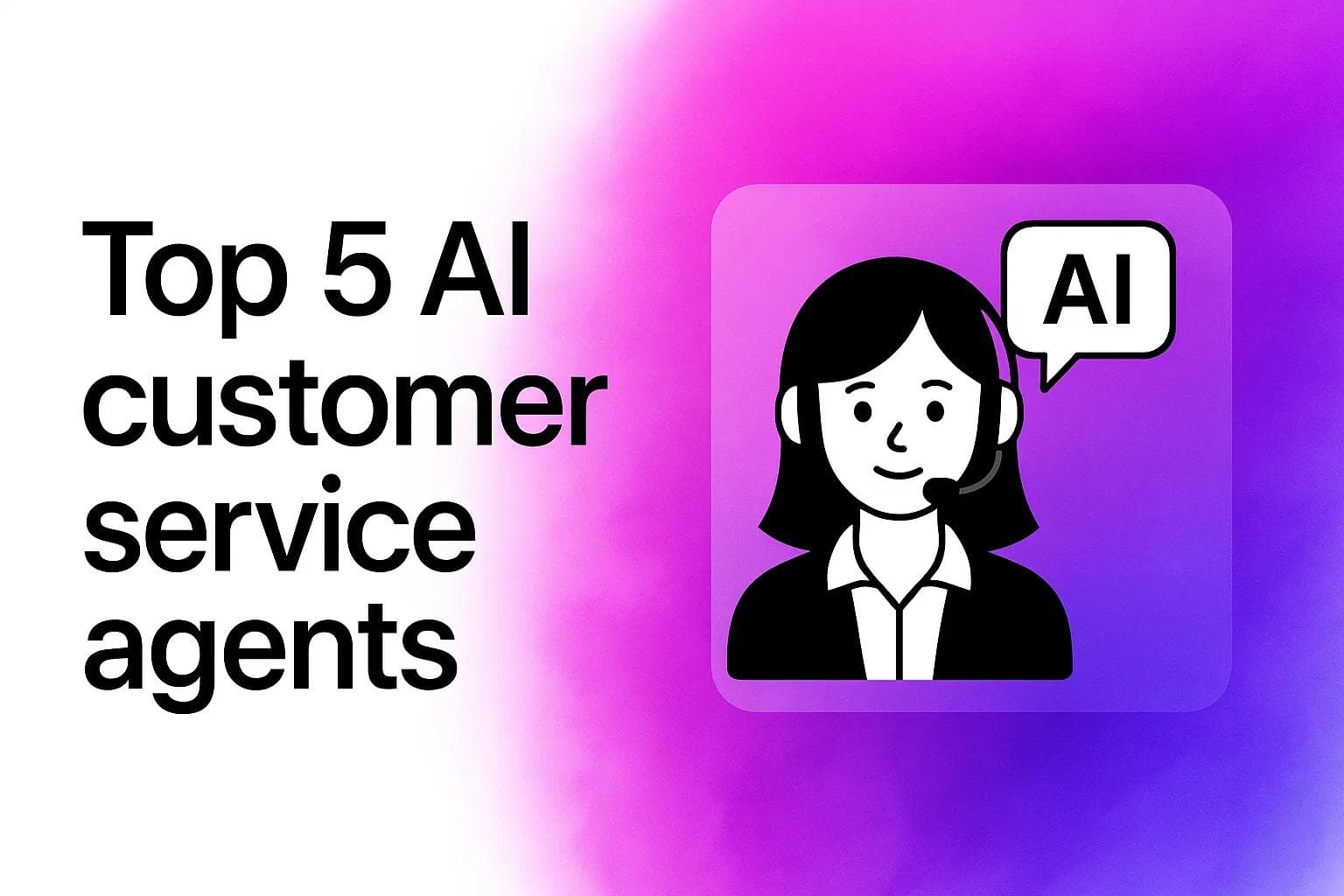11 Real-World AI Agent Examples in 2026
Ilias Ism
Oct 28, 2024
14 min read
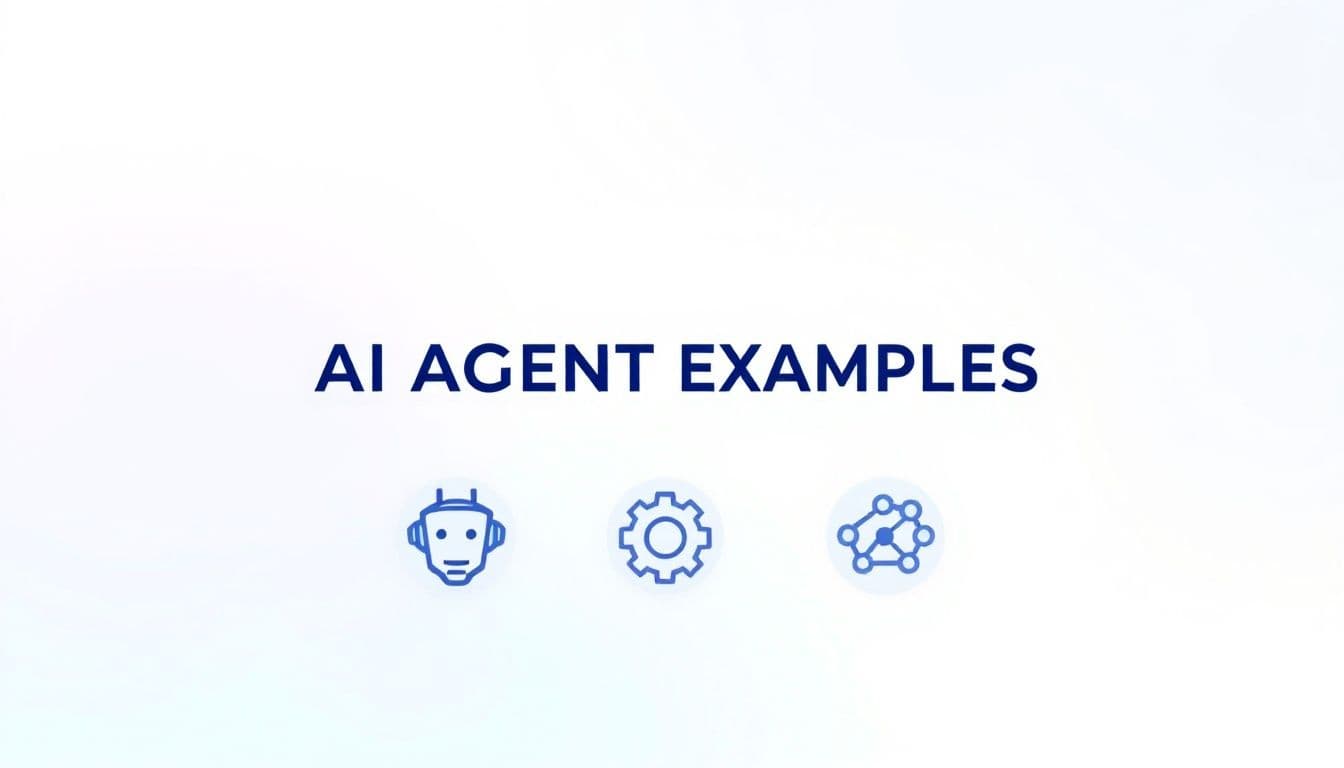
Summary by Chatbase AI
AI agents are transforming industries. Examples: basic thermostat (simple reflex), self-driving car (model-based), fitness app (goal-based), energy system (utility-based), spam filter (learning). Also in: e-commerce, marketing, Chatbase, hospitality, pricing, Netflix, Waymo, manufacturing, JP Morgan, Google's health AI.
Artificial intelligence (AI) agents are disrupting how businesses operate and interact with customers.
These powerful tools can autonomously perform complex tasks, make decisions, and adapt to real-time changes.
AI agents are becoming increasingly clever, and businesses are finding use cases and solutions across all types of industries.
At Chatbase, we're the leading AI chatbot platform and helped 1000s of businesses like yours in 2024. However, we are helping our customers implement fully-featured AI agents with AI actions and more. Start by creating an AI agent for your business for free today.
In this article, we'll explore the different types of AI agents, their real-world examples, and how they're transforming various sectors.
What Are AI Agents?
![[object Object]](/_next/image?url=https%3A%2F%2Fcdn.sanity.io%2Fimages%2Fi6kpkyc7%2Fprod-dataset%2F2c1e9179d5c190af6cdfa3a8b695e92b86e479cc-1344x768.jpg&w=3840&q=75)
An AI agent is a computer program designed to perceive its environment, make decisions, and take actions to achieve specific goals.
Unlike traditional software, AI agents can operate autonomously, learn from experiences, and adapt their behavior over time. Development teams like Inoxoft are at the forefront of creating such intelligent systems, ensuring that AI agents are not only capable of autonomous learning but also secure, scalable, and aligned with real-world applications across industries.
They combine sensors to gather data, processors to analyze information, and actuators to interact with their environment.
As Bill Gates recently declared, "The ultimate technology race revolves around developing the top AI agent." He even boldly predicted, "You'll never go to a search site or Amazon again," highlighting the potential impact of advanced AI agents on our daily lives.
Types of AI Agents
There are several types of AI agents, each with unique capabilities and applications:
1. Simple Reflex Agents
These are the most basic type of AI agents.
They operate based on predefined rules and current perceptions, without considering past experiences or future consequences.
A common example is a basic thermostat that turns heating on or off based on the current temperature.
2. Model-Based Reflex Agents
These agents maintain an internal model of their environment, allowing them to operate in partially observable conditions.
They use this model to determine how the world evolves and how their actions affect it.
An example is a self-driving car that uses sensors to build a model of its surroundings and navigate accordingly.
3. Goal-Based Agents
Goal-based agents take action to achieve specific objectives. They evaluate potential outcomes of their actions and choose the one most likely to achieve their goal. A personal fitness app that creates workout plans based on your health goals is an example of a goal-based agent.
Similarly, in the retail sector, an inventory optimization software that adjusts stock levels based on demand forecasts and sales goals functions as a goal-based agent by aligning inventory decisions with business tar
gets.
4. Utility-Based Agents
These agents make decisions based on a utility function that measures the desirability of different states.
They aim to maximize overall benefit or "happiness."
A smart energy management system that balances comfort, cost, and environmental impact is a utility-based agent.
5. Learning Agents
Learning agents can improve their performance over time through experience.
They have the ability to learn and adapt to new situations without explicit programming.
An example is a spam email filter that continuously improves its accuracy based on user feedback. AI-driven platforms, including those used in writing services like EssayService, leverage machine learning to refine content generation and provide more accurate, high-quality assistance over time. Check out our AI essay writer for enhanced writing support.
Real-World Examples of AI Agents
Let's explore some concrete examples of how AI agents are being applied across various industries:
1. E-Commerce AI Agents
![[object Object]](/_next/image?url=https%3A%2F%2Fcdn.sanity.io%2Fimages%2Fi6kpkyc7%2Fprod-dataset%2F7f567ba6a4ed1512312d95231b27ca99948bcf0d-1137x533.png&w=3840&q=75)
E-commerce platforms are leveraging AI agents to enhance the shopping experience. These agents can:
- Place orders automatically
- Track and provide shipping updates
- Facilitate image-based product searches
- Send reminders about abandoned carts
- Provide personalized product recommendations
For instance, Amazon's recommendation system, powered by AI agents, generates 35% of the company's revenue. Interestingly, there are also AI agents built on Amazon’s recommendation system and tailored specifically for Amazon sellers. One example is an AI-powered Amazon listing optimization tool that deeply understands how Amazon’s algorithm works and helps sellers optimize their listings accordingly to boost conversion rates.Interestingly, there are also AI agents built on Amazon’s recommendation system and tailored specifically for Amazon sellers. One example is an AI-powered Amazon listing optimization tool that deeply understands how Amazon’s algorithm works and helps sellers optimize their listings accordingly to boost conversion rates.
2. Sales and Marketing AI Agents
![[object Object]](/_next/image?url=https%3A%2F%2Fcdn.sanity.io%2Fimages%2Fi6kpkyc7%2Fprod-dataset%2F3e5b80a135944f4c1e663a4a2ee0e7413918ddb6-1133x674.png&w=3840&q=75)
AI sales agents are transforming sales and marketing processes by:
- Building lead lists
- Sending personalized communications
- Qualifying leads (often more effectively than humans)
- Strategizing and executing marketing campaigns
- Analyzing competitor activities
Find AI is a a great example of an AI agent improving lead generation. By allowing users to define highly specific search criteria, Find AI's agents can identify and qualify leads with exceptional accuracy. They use AI to go beyond simple keyword searches, understanding the nuances of user intent to deliver highly targeted results.
AI is also making waves in social media marketing. Tools like Circleboom's AI Social Media Post Generator can help users automate content creation, suggesting engaging text and visuals based on chosen topics. This can free up marketers to focus on strategy and engagement, streamlining campaign management and ensuring a consistent online presence.
AgentForce helps businesses find the right leads by letting users set specific search criteria. It delivers accurate and targeted results by understanding what users really need. Before using AgentForce, talk to expert Salesforce Marketing Cloud consultants. They can guide you on how to set it up for your business, ensuring it works well and delivers the best results for your lead generation efforts. Their support makes the process smooth and effective.
3. Customer Support AI Agents
![[object Object]](/_next/image?url=https%3A%2F%2Fcdn.sanity.io%2Fimages%2Fi6kpkyc7%2Fprod-dataset%2F0a9e9371cc7726cc0bd28c4c7eba3d2cca5d06b0-1124x536.png&w=3840&q=75)
AI-powered customer support is moving beyond simple chatbots. Modern AI customer support agents like Chatbase can:
- Take actions on behalf of users (e.g., changing passwords, processing refunds)
- Provide product recommendations
- Handle complex technical support issues
To see how businesses are leveraging these capabilities, check out Chatbase's AI customer service solution, which has helped over 9,000 businesses automate their support operations while maintaining personalized, on-brand interactions.
![[object Object]](/_next/image?url=https%3A%2F%2Fcdn.sanity.io%2Fimages%2Fi6kpkyc7%2Fprod-dataset%2F5b1234abf775bf47ae120231efd1e663be016170-1107x672.png&w=3840&q=75)
Chatbase clients have reported a 65% reduction in support tickets after implementing AI agents.
4. Hospitality AI Agents
![[object Object]](/_next/image?url=https%3A%2F%2Fcdn.sanity.io%2Fimages%2Fi6kpkyc7%2Fprod-dataset%2Fb5c4a6a673818525e99106e2e425cad26e74fd3d-1117x522.png&w=3840&q=75)
In the hospitality industry, AI agents are enhancing guest experiences by:
- Streamlining room service requests
- Recommending nearby attractions and amenities
- Upselling hotel services
- Assisting staff in coordinating guest needs
These agents are multilingual and available 24/7, making them ideal for global hospitality businesses.
5. Dynamic Pricing Systems
![[object Object]](/_next/image?url=https%3A%2F%2Fcdn.sanity.io%2Fimages%2Fi6kpkyc7%2Fprod-dataset%2Fbe4539373707efb32fb8aee3fecb0298ee81a3b3-1135x632.png&w=3840&q=75)
Utility-based AI agents power dynamic pricing systems for services like ride-sharing apps.
These agents adjust prices in real-time based on factors such as demand, competition, and time of booking.
This is why your Uber ride might cost more during rush hour or in bad weather.
6. Content Recommendation Systems
![[object Object]](/_next/image?url=https%3A%2F%2Fcdn.sanity.io%2Fimages%2Fi6kpkyc7%2Fprod-dataset%2F3357ec48a49b9900d6705043ed9110972c83f4b1-1188x691.png&w=3840&q=75)
Streaming platforms like Netflix and Spotify use learning agents to provide personalized content recommendations.
These systems analyze your viewing or listening history and adapt to changing preferences over time.
7. Autonomous Vehicles
![[object Object]](/_next/image?url=https%3A%2F%2Fcdn.sanity.io%2Fimages%2Fi6kpkyc7%2Fprod-dataset%2F15e28c4236a4689d7f9193e945769ad6666cfdb5-1024x576.webp&w=3840&q=75)
Self-driving cars are perhaps the most complex application of AI agents, combining multiple types:
- Utility-based agents for decision-making
- Goal-based agents for navigation
- Model-based reflex agents for real-time responses
- Learning agents for improving performance over time
Companies like Waymo are at the forefront of this technology, with self-driving cars already operating in cities like Phoenix, San Francisco, and Los Angeles.
8. Manufacturing Robots
![[object Object]](/_next/image?url=https%3A%2F%2Fcdn.sanity.io%2Fimages%2Fi6kpkyc7%2Fprod-dataset%2Fa7869dc716a4e915fa463dc4debc37708a5cb932-1920x1020.jpg&w=3840&q=75)
In manufacturing, AI-powered robotic agents perform tasks such as:
- Welding
- Painting
- Assembling parts
These agents optimize production time while maintaining consistent quality standards.
9. Crypto AI Agents
![[object Object]](/_next/image?url=https%3A%2F%2Fcdn.sanity.io%2Fimages%2Fi6kpkyc7%2Fprod-dataset%2Fa6896ac2b2f72e36b4bbac951605f76ebc00c4c8-2752x1536.jpg&w=3840&q=75)
Crypto AI agents are specialized AI tools designed for the unique challenges of the cryptocurrency market.
Unlike general-purpose AI agents, they focus on analyzing the vast and volatile world of digital assets, processing data from market trends, on-chain activity, to news sentiment.
This is essential because the crypto market operates 24/7 and is highly susceptible to rapid changes.
Crypto AI agents offer improved decision-making, enhanced risk management, and the potential for higher returns compared to manual analysis, by automating complex tasks such as portfolio optimization, generating trading strategies, and even detecting market anomalies. For example, Franklin X is a crypto AI agent that analyzes over 100,000 crypto assets in real-time to provide its users with optimized portfolio insights.
10. Healthcare AI Agents
In healthcare, AI agents are being used for:
- Diagnosing medical conditions
- Analyzing medical images
- Creating personalized treatment plans
- Assisting in robotic surgeries
For instance, Google's AI agent achieved 85.4% sensitivity in diagnosing skin cancer, surpassing the accuracy of dermatologists.
11. AI agents in software testing
AI agents are revolutionizing the software testing industry by automating repetitive, complex, and time-consuming tasks across web, mobile, and browser testing environments.
These agents are used to:
- Automatically generate test cases based on user behavior
- Identify and prioritize critical test paths
- Detect visual and functional regressions
- Maintain test scripts autonomously when UI or flows change
- Perform cross-browser and cross-device compatibility checks
For instance a company using a software testing tool like TestSigma's Copilot, they can reduce their regression testing time by over 70% and improve the release quality by catching critical bugs earlier in the development cycle.
Conclusion
AI agents are no longer confined to science fiction; they're actively reshaping how businesses operate and how we interact with technology. From e-commerce and customer service to healthcare and autonomous vehicles, AI agents are proving their worth across diverse sectors.
As we continue to develop and refine these technologies, it's clear that AI agents will play an increasingly important role in our personal and professional lives. While challenges remain, particularly in areas of ethics and bias, the potential benefits of AI agents are immense. An AI software development company can provide the specialized knowledge needed to address these challenges effectively.
Whether you're a business leader looking to optimize operations or an individual curious about the future of technology, understanding AI agents is crucial. They represent not just a technological advancement, but a fundamental shift in how we approach problem-solving and decision-making in the digital age.
Share this article:
